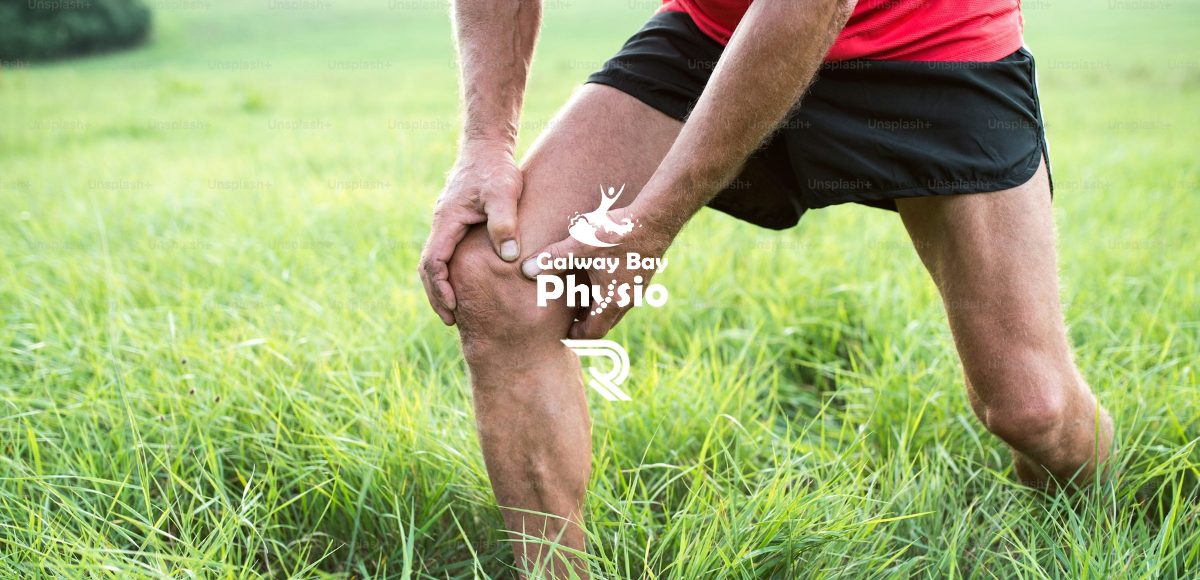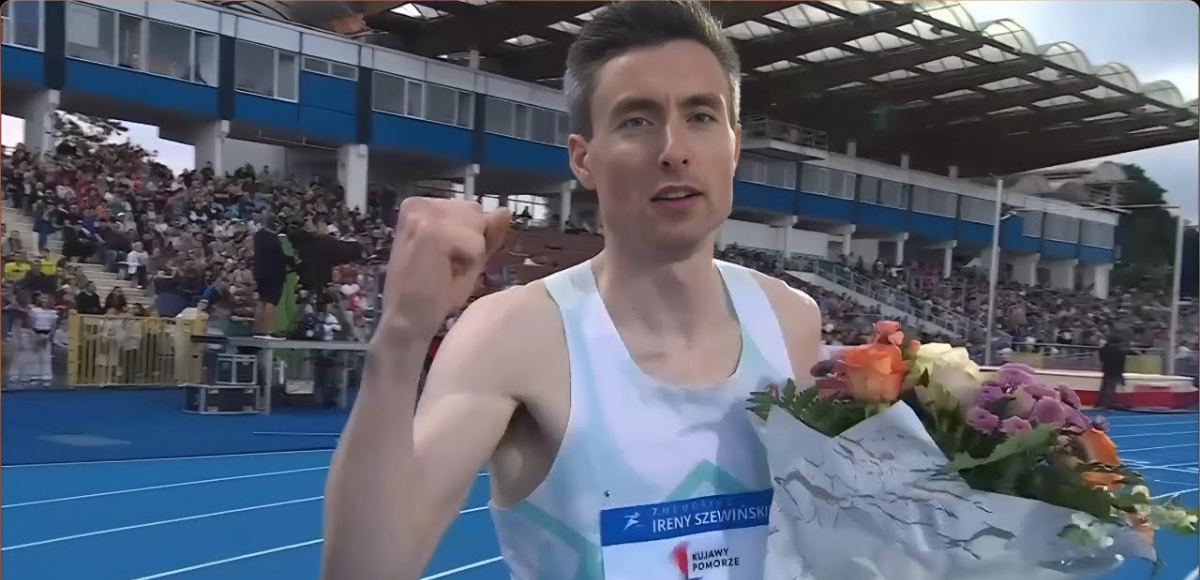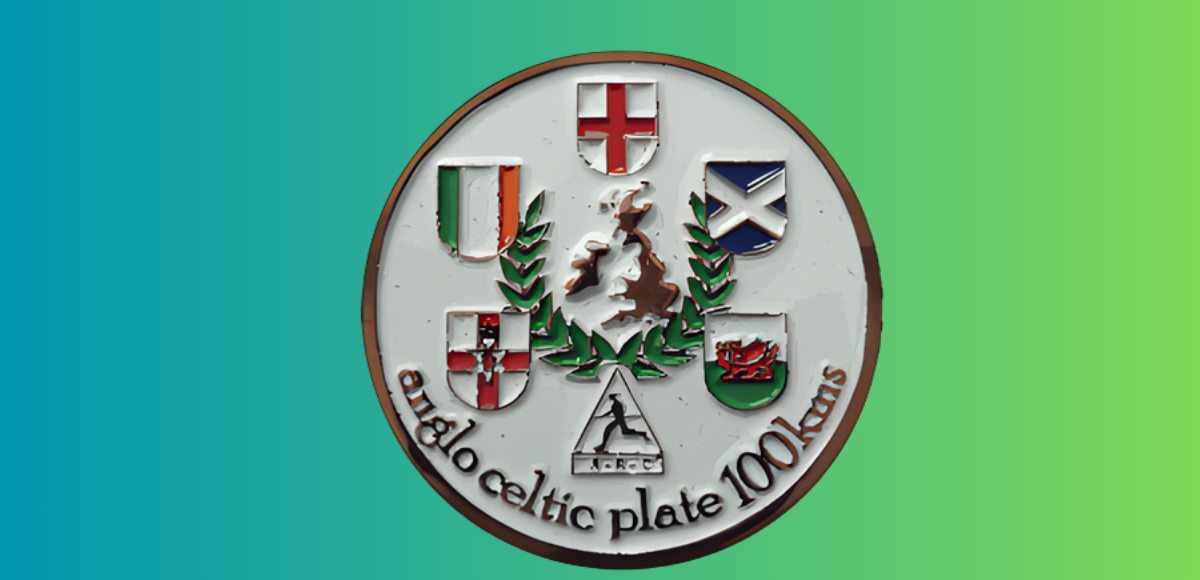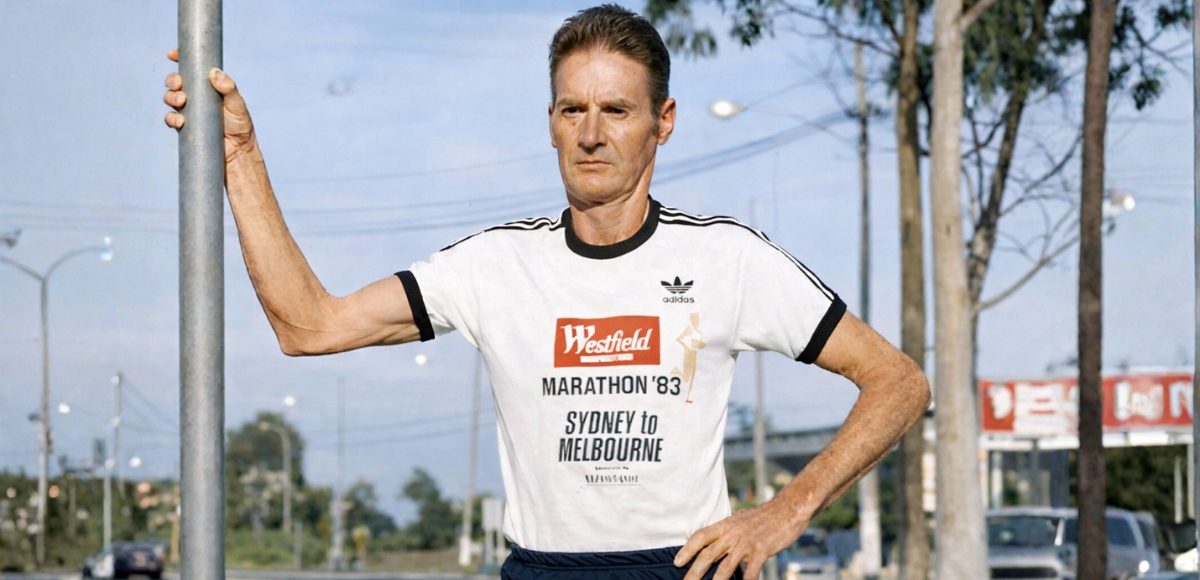Beginner's Corner
Runner’s Knee: Understanding and Preventing a Common Setback

Each month, we’ll be sitting down with Emmett Hartigan and Ciaran Coyle, owners of Galway Bay Physio, to explore a common running-related injury and how to manage it effectively. Galway Bay Physio has clinics located in Oranmore, Ballinasloe, Athenry, and The Docks in Galway City.
As training plans peak in the fine weather, many runners find themselves grappling with an all-too-common issue: a nagging pain at the front of the knee. Known widely as “Runner’s Knee”, this condition, officially called Patellofemoral Pain Syndrome, is one of the most frequent complaints we treat at Galway Bay Physio - especially in the weeks leading up to a big event.
Runner’s Knee refers to pain that typically occurs around or behind the kneecap, often triggered by repetitive movement or overuse. While it’s especially common in runners (hence the name) it can affect anyone who engages in regular physical activity involving the legs. The discomfort tends to build gradually, becoming noticeable during or after runs, particularly when going downhill, descending stairs, or sitting with knees bent for long periods. It may or may not have associated swelling depending on the severity of the case.
There are several factors that can contribute to the development of Runner’s Knee. One of the most common is a sudden increase in training load, such as ramping up mileage too quickly or adding hills and speed work without adequate adaptation time. Poor lower limb mechanics and alignment can also play a role. This may result from muscle imbalances or biomechanical issues. These can vary greatly and need to be well assessed. These can include disproportionate quad strength compared to hamstrings, weak glutes or adductors, tight hips, or collapsed arches in the feet. These problems can alter the way the kneecap tracks over the femur during movement, leading to irritation and inflammation.
Footwear is another key player. Running in worn-out or poorly fitting shoes can undermine your natural biomechanics and increase the strain on your knees. Runners are often surprised to learn that even small issues, like tight calf muscles or reduced ankle mobility, can influence how the knee functions and contribute to discomfort over time.
The good news is that Runner’s Knee is very manageable, especially when caught early.
Rest is important to allow acute irritation and inflammation to settle, but recovery isn’t just about taking time off. Physiotherapy can make a big difference by identifying the root cause and addressing it with targeted strength and mobility work. Various mechanical treatments such as soft tissue massage, taping, joint mobilizations and dry needling can also greatly optimize the recovery time.
At Galway Bay Physio, we tailor our rehabilitation plans to each individual, helping runners correct imbalances, improve movement patterns, and return to running safely and confidently. It's important that runner's knee is treated early and does not become chronic as it can progress over time which could cause damage to the cartilage of the thigh bone and/or kneecap if not managed well.
Prevention is equally important, especially for those building up to a race.
A consistent strength and mobility routine, combined with appropriate footwear and a sensible training plan, goes a long way in reducing the risk of knee pain. Listening to your body, especially during long runs or tough sessions, can help you recognise the early signs and take action before things worsen.
For runners in Galway and beyond, our team is here to help you stay on track. Whether you’re managing a niggle, returning from injury, or simply want expert advice ahead of your next event, we’re just a call or click away.
Don’t let persistent pain hold you back.
If you’re dealing with a recurring niggle or discomfort, it’s important to have it assessed early. Visit www.galwaybayphysio.ie to learn more about how Galway Bay Physio can help you stay active and injury-free.
Quote "RR10" to receive 10% off your treatment, Booking must be made via email or phone to avail of discount.

Finding Your Perfect Running Gait and Choosing the Right Shoes

How to Watch Mark English in Action Today

Conor Kelly Set for US Debut as the College Indoor Season Gathers Pace this Weekend

Ireland’s Team Confirmed For 2026 Anglo Celtic Plate 100 km in Limerick

Starting From Scratch - An Introduction to Couch to 5K

How a 61 Year Old Farmer Outsmarted Elite Ultra Runners
